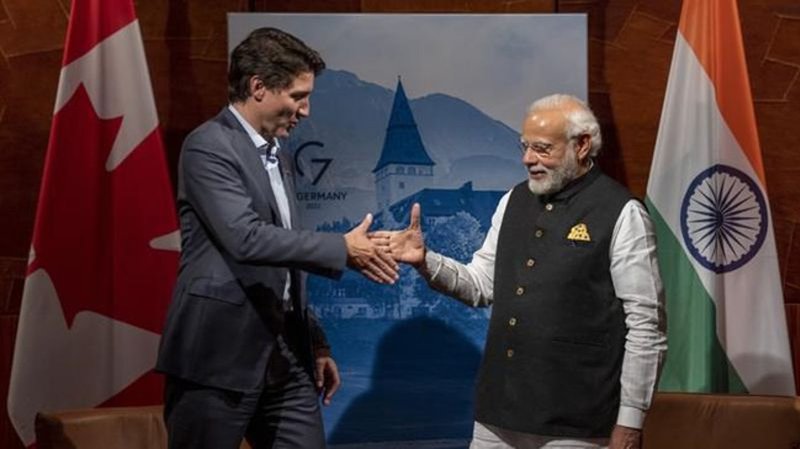
Business councils call on federal government to secure trade agreement with India
OTTAWA — As Canada and other Western nations ramp up their efforts to build stronger political and economic ties in Asia, business groups are calling on the federal government to finally lock in a trade agreement with India.
The Business Council of Canada and the Canada India Business Council released a report on Thursday that looks at Canada’s current trading relationship with India and the economic benefits that would come from establishing a trade agreement.
The report, which includes analysis from Ciuriak Consulting commissioned by the two councils, calls India “one of Canada’s largest untapped trade opportunities” and compares its economy to where China was two decades ago.
The analysis finds that while trade with India has grown on average by nearly 12 per cent over two decades, Canada has lost its market share over the years.


